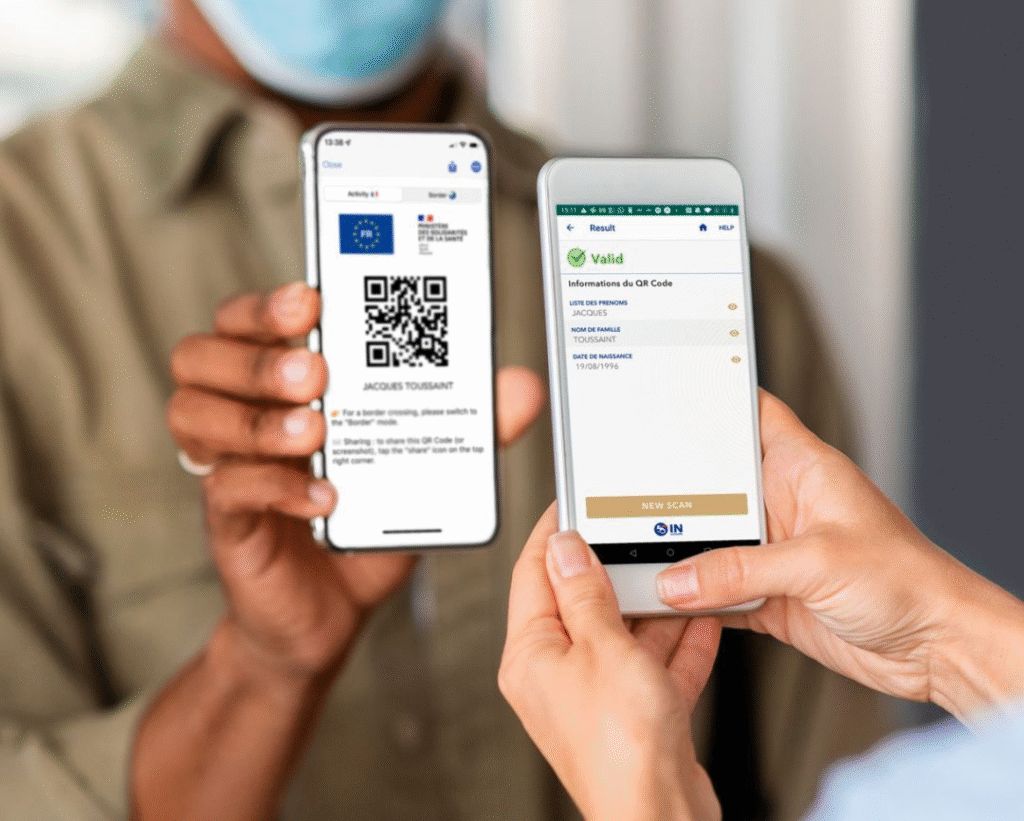Kenya Real Estate Regulation
Kenya’s real estate sector is governed by a robust legal and regulatory framework designed to ensure transparency, protect ownership, and curb fraud. In 2025, real estate regulation in Kenya is stronger than ever, with clear laws, digital systems, and professional oversight making property transactions safer and more efficient.
From land ownership to agent licensing and development approvals, here’s everything you need to know about Kenya real estate regulation.
🏛️ Key Regulatory Bodies
| Ministry of Lands & Physical Planning | Oversees land registration, title issuance, and land use planning |
| Institution of Surveyors of Kenya (ISK) | Licenses and regulates real estate agents and brokers |
| Law Society of Kenya (LSK) | Regulates advocates handling property transactions |
| National Environment Management Authority (NEMA) | Approves developments for environmental compliance |
| County Governments | Issue development permits, collect land rates, and approve subdivisions |
📜 Core Laws Governing Real Estate
1. The Constitution of Kenya (2010)
- Article 40: Guarantees the right to own land
- Article 68: Requires Parliament to enact laws for transparent land administration
2. Land Act (2012)
The cornerstone of modern property law. Key provisions:
- Spousal Consent: Required for sale of family property
- Due Diligence: Mandatory land search before purchase
- Lease Extensions: Automatic renewal for 99-year government leases
- Real Estate Licensing: Only ISK-registered agents can operate legally
3. Land Registration Act (2012)
- Standardizes land registration and title issuance
- Maintains the Central Land Registry
- Requires all transfers to be recorded for validity
4. Registered Land Act (Cap 300)
Still applies to registered freehold land in urban areas, though being phased in favor of the 2012 Acts.
5. Physical Planning Act
- Requires county development permits for construction
- Controls zoning, building height, and land use

🔐 Key Regulatory Requirements
1. Real Estate Agent Licensing (ISK)
To legally operate as an agent:
- Complete a certified real estate course
- Register with ISK
- Pay annual fees and renew license
- Sign the Code of Conduct
⚠️ Penalty for Unlicensed Practice:
- Fine up to KSh 500,000
- Or 5 years in prison
- Or both
2. Land Due Diligence
Before any transaction:
- Conduct an official land search at the Ministry of Lands
- Verify ownership, boundaries, and encumbrances
- Only a licensed advocate (LSK) can conduct a legal search
3. Title Deed Verification
All buyers must confirm:
- The title is individual or sub-divided (not collective)
- No caveats, liens, or court orders
- The land is free from disputes
Use Ardhisasa (e-citizen) for online verification.

4. Environmental & Development Approvals
Developers must obtain:
- NEMA Approval – For environmental impact
- County Development Permit – For building plans and zoning
- Surveyor’s Approval – For subdivision and demarcation
No construction should begin without these.
🚫 Common Regulatory Violations
| Unlicensed Agents | Fraud, illegal sales, no recourse |
| Fake Title Deeds | Loss of investment, legal battles |
| Unapproved Developments | Demolition, no title issuance |
| Lack of Spousal Consent | Sale can be voided in court |
| Boundary Disputes | Delays, legal costs, eviction |
✅ Always:
- Use an ISK-licensed agent
- Hire an LSK-registered advocate
- Verify NEMA and county approvals
💡 Digital Regulation & Transparency
Kenya is digitizing real estate regulation to reduce fraud and speed up transactions.
1. Ardhisasa (Ministry of Lands)
- Online land searches
- E-payment of stamp duty and land rent
- Title verification and transfer applications
2. e-Citizen & iRev
- Pay land rates and service charges online
- Track application status
3. Digital Contracts & M-Pesa Payments
- Traceable transactions reduce cash fraud
- Payment receipts serve as legal proof

✅ Benefits of Strong Regulation
- Reduces Land Fraud – Over 70% of fake sales involve unlicensed agents
- Protects Buyers – Legal recourse if something goes wrong
- Increases Investor Confidence – Domestic and foreign investors feel safer
- Promotes Market Growth – Transparent systems attract more capital
FAQs
Q: Is real estate regulated in Kenya?
A: Yes—by the Land Act (2012), ISK, Ministry of Lands, and county governments. All agents and transactions must comply.
Q: Do I need a licensed agent to buy land in Kenya?
A: Not legally required, but highly recommended. Only licensed agents are accountable to ISK, and using one reduces fraud risk.
Q: Can I verify a land title online in Kenya?
A: Yes—via Ardhisasa on e-citizen. You can confirm ownership, check for caveats, and view the title image.
Q: What happens if a developer builds without NEMA or county approval?
A: The project can be shut down or demolished, and buyers may not receive title deeds.
Q: Is spousal consent required when selling land in Kenya?
A: Yes—under Section 34 of the Land Act, if the land is family property, written consent from a spouse is mandatory.


